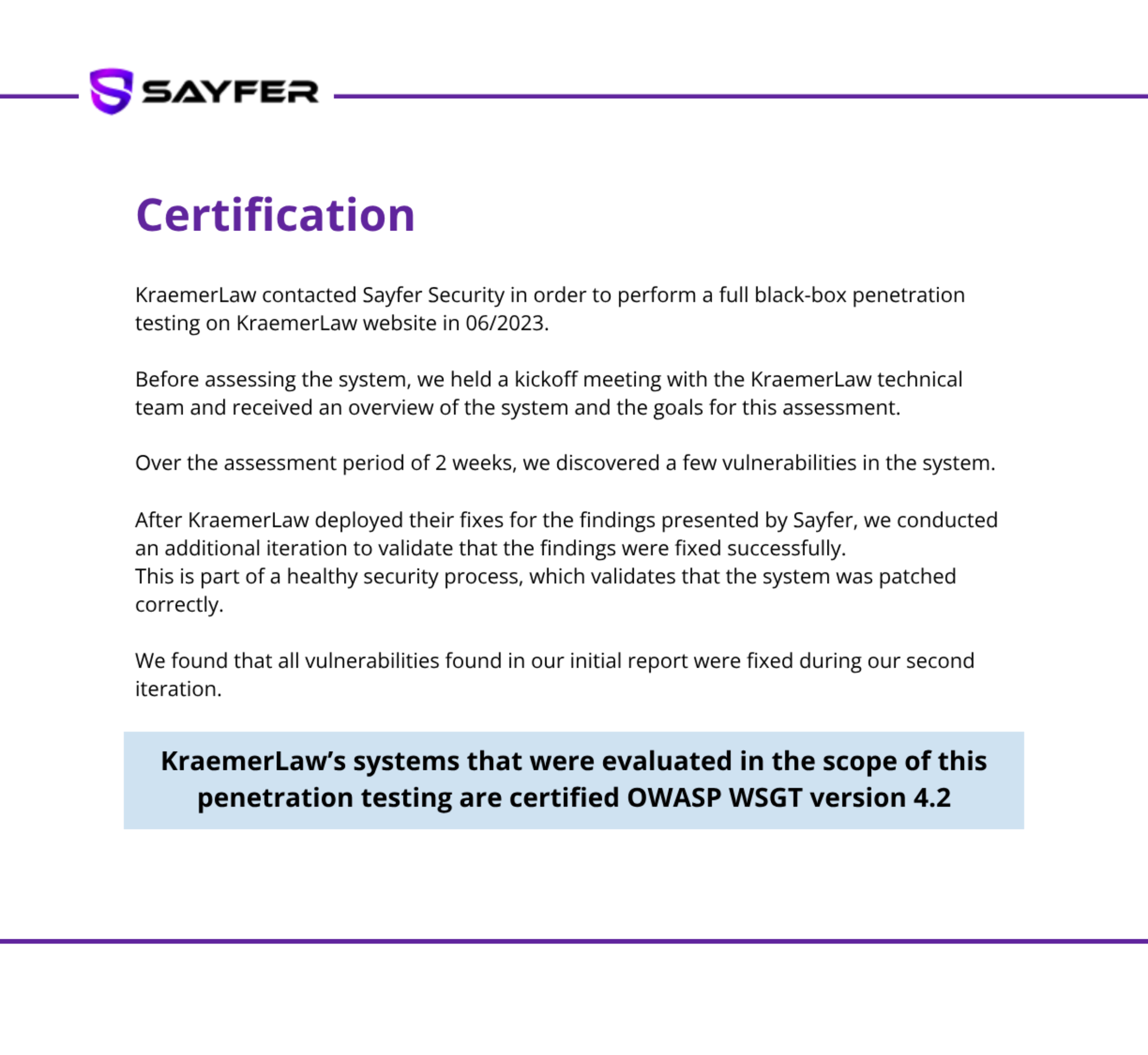When it comes to validating a foreign document, it is important to understand the difference between apostille vs authentication. Both processes have similar purposes but are used in different circumstances and have distinct legal implications. Here, we will explain these procedures in detail so you can determine which one is most suitable for your needs.
Understanding Document Certification
The document certification process makes sure that documents issued in one country are recognized as valid in another. This process is particularly important for legal, academic, commercial and corporate documents. The certification will depend on the country where the document will be used and the applicable international treaties, in which case you will have to choose between apostille vs authentication. For instance, if you need to use a birth certificate in a member country of the Hague Convention, you only require an apostille for the document. On the other hand, if the country is not a member, the authentication process will be necessary.
What is a document apostille?
In the debate of apostille vs authentication, the document apostille is a simplified method used in countries that are part of the 1961 Hague Convention. This widely accepted process replaces the need for more complex authentications.
What kind of documents do I need an apostille for?
An apostille is a common requirement to validate both personal and business documents when they are to be used abroad. For personal matters, official documents such as birth, marriage, and death certificates often require an apostille, as they establish a person’s civil status or identity.
For business documents, contracts, commercial invoices, and articles of incorporation are typically apostilled, as they confirm the authenticity of transactions, ownership, or corporate agreements. Legalization through an apostille allows these documents to be recognized and accepted internationally.
Document apostille process
To obtain a document apostille, you need to follow specific steps. First, the document must be notarized by a public notary. Then, in the apostille process, it is presented to the Department of State, which verifies its authenticity and issues the corresponding apostille. This certification allows the document to be recognized as valid in countries adhering to the Hague Convention, facilitating international procedures.
If you have questions like “do apostilles expire?” it is important to know that an apostille itself does not expire. However, the validity of the original document to which it is attached may depend on the type of document and the laws of the destination country. For example, a birth certificate apostille generally does not have an expiration date, similar to marriage certificates, while medical certificates may have a limited validity period.

Additionally, it is advisable to verify the specific requirements of the country to which the Department of State apostille will be presented, as some nations may have additional or different regulations regarding the use and acceptance of apostilled documents. Staying informed about these details will help you make a better decision between apostille vs authentication and avoid setbacks, making sure the process is carried out correctly and efficiently.
Can a notary apostille a document?
A public notary plays an important role in preparing documents for apostille, though they do not issue the apostille itself. Their responsibility is to verify and authenticate the signatures on documents, thus confirming their legitimacy and official status, a necessary step before obtaining an apostille. This initial step guarantees that the documents are in proper order and meet the requirements for processing the apostille in the relevant government offices. In some cases, an additional verification by the notary may be needed to meet specific requirements of the destination country or to prevent the risk of fraud, especially for documents with significant legal or financial implications. Understanding the notary’s role in this process helps clarify the steps and requirements necessary for each type of procedure, whether apostille or authentication.
The Role of a Public Notary in Document Apostille
A public notary plays an important role in preparing the document apostille. Their primary task is to authenticate the signatures on the documents and certify that they are authentic and official. This is a necessary step before the document can be sent to receive the apostille. Additionally, apostille services often require further verification to make sure the documents are valid. When deciding between apostille vs authentication, understanding the notary’s role can help clarify the necessary steps and requirements for each process.
The Authentication Process
Document authentication is a more detailed method used when the receiving country is not part of the Hague Convention. This process involves multiple stages of verification to make sure the foreign document is legitimate.
Steps of the Document Authentication Process
The document authentication process starts with notarization. Then, the foreign document is sent to various government offices for verification. Finally, the embassy or consulate of the country where the document will be used must confirm its authenticity.
Authentication of Foreign Documents
The authentication process of foreign documents includes the verification of marriage certificates, commercial contracts, and educational degrees. This process makes sure that such papers are recognized as valid and legal in the receiving country.
How to get documents apostilled in Panama?
To apostille documents in Panama under the Hague Convention, the document must come from a recognized authority, such as a notary public. The Ministry of Foreign Affairs (MIRE) handles the process, issuing the apostille to validate the document for use in convention member countries.
Panama has made this procedure easier through MIRE’s web site that allows users to register, fill out a form, upload the scanned document, pay the fee, and wait for confirmation. Once approved, the document can be collected in person or received by mail. For countries that are not part of the convention, consular authentication is required, involving additional verification steps.
Apostilled vs Authenticated: Key Differences
Understanding the key differences between apostille and authenticated documents is important for meeting international legal requirements. Document authentication and apostille processes serve similar purposes but are applied in different situations, each with its own legal implications.
Circumstances Requiring Apostille vs Authentication
There are certain cases where deciding between apostille vs authentication is straightforward. For example, for Panama businesses operating in countries that are members of the Hague Convention, an apostille will suffice. However, if these businesses have transactions with countries outside the convention, the authentication process will be necessary.
Another example includes the need for a birth certificate apostille when presented for immigration purposes in member countries of the Convention. In contrast, if the same foreign document is presented in a non-member country, authentication will be required. Knowing when to use an apostille vs authentication is key to having the document accepted in the intended country.
Legal Implications of Apostille and Authentication
The legal implications of choosing between apostille vs authentication are significant. An apostille from the Department of State simplifies the legal process in Hague Convention member countries, making the document immediately valid. On the other hand, document authentication can be more time-consuming and costly, but it is necessary for non-member countries.
In the case of an apostille for a birth certificate, which is one of the most commonly used documents abroad, it provides a range of legal benefits that facilitate the recognition of public documents in more than 120 countries. This procedure not only reduces the time and costs associated with document validation but also provides greater legal security by preventing fraud and forgery, allowing for more effective legal cooperation among Hague Convention member nations. When considering between apostille vs authentication, it is clear that an apostille offers a more straightforward and internationally accepted solution for document validation in member countries.

In contrast, consular authentications, required for non-member countries of the Hague Convention, involve a more detailed and costly authentication process, with multiple stages of verification by different government and consular authorities. Although this method equally confirms the authenticity of documents, its bureaucratic nature can significantly slow down legal and administrative procedures. Therefore, it is important that individuals understand the local regulations of the destination country and choose correctly between apostille vs authentication to make sure their documents are accepted and valid internationally.
Choosing the Right Certification for Your Documents
Choosing between apostille and authentication for your foreign document will help you avoid legal issues and make sure it is valid. At Kraemer & Kraemer, we offer authentication and apostille services in Panama, making this process easier and making sure your documents meet all necessary legal requirements.
Feel free to contact our experts in apostille and authentication. Our team is ready to guide you through each step and provide a personalized solution tailored to your specific needs.







